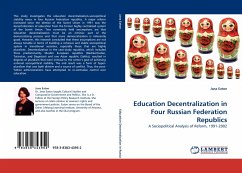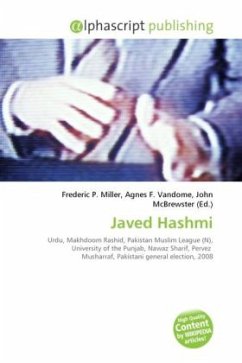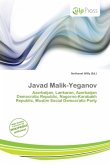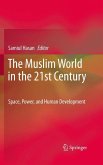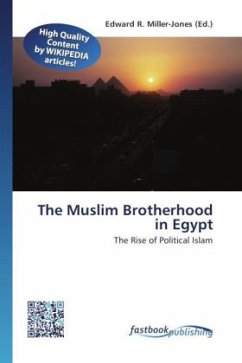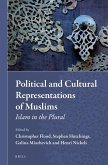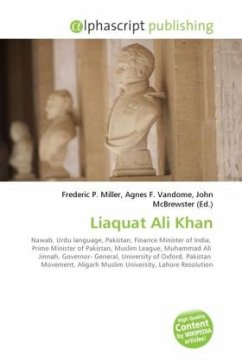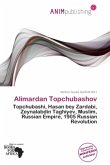This study investigates the education decentralization-sociopolitical stability nexus in four Russian Federation republics. A major reform instituted since the demise of the Soviet Union in 1991 was the decentralization of education from the former highly centralized system of the Soviet Union. Two commonly held assumptions are that education decentralization must be an intrinsic part of the democratizing process and that more democratization is inherently good. However, this research concluded that these assumptions are not always tenable in terms of building a cohesive and stable sociopolitical system in transitional societies, especially those that are highly pluralistic. Decentralization in the case-study republics, which included three predominantly Muslim European republics (Bashkortostan, Tatarstan, and Dagestan) and one Asian republic (Sakha), resulted in degrees of pluralism that were inimical to the center s goal of achieving national sociopolitical stability. The end result was a form of hyper-pluralism that was both divisive and a source of conflict. Thus, the post-Yeltsin administrations have attempted to re-centralize control over education.

